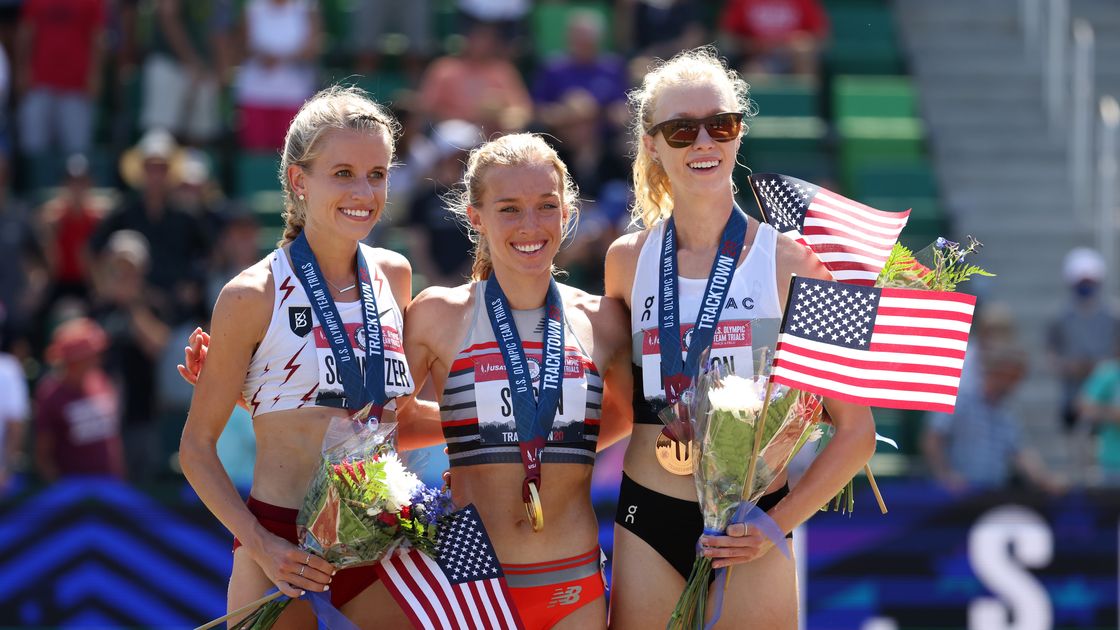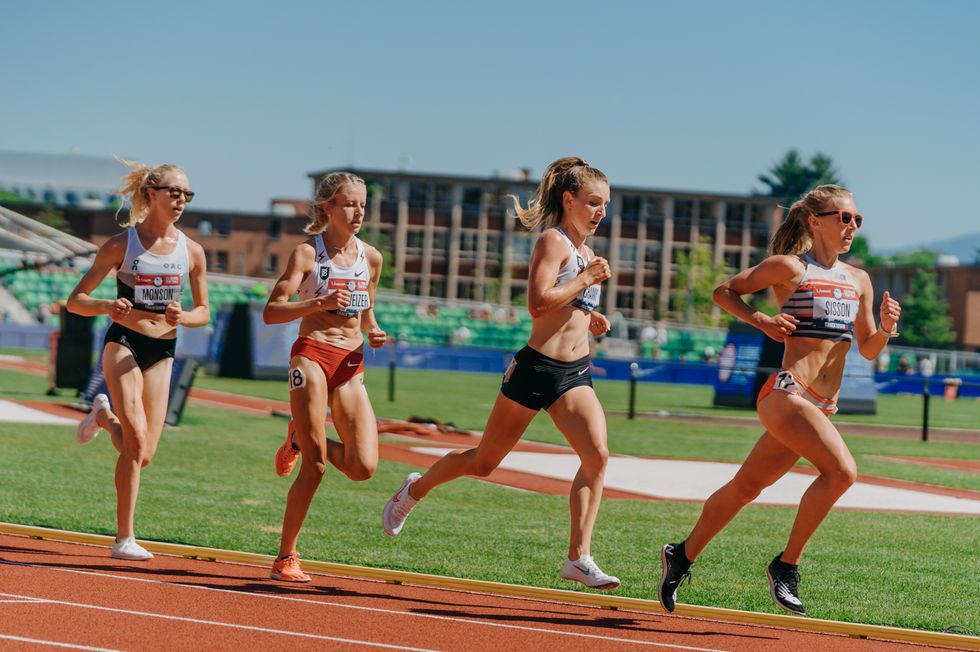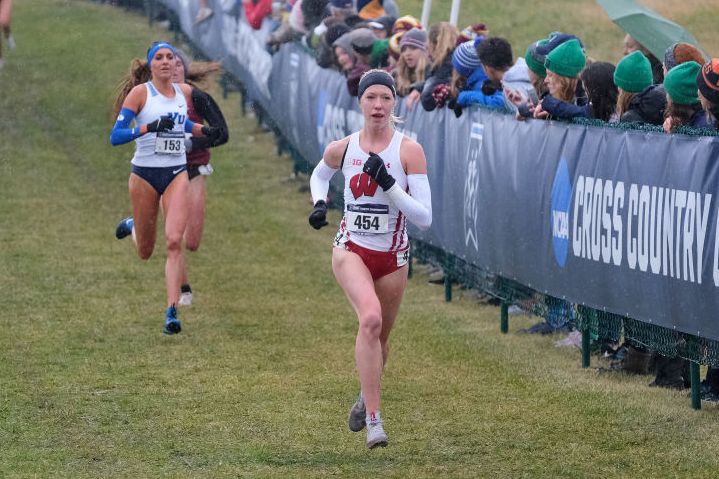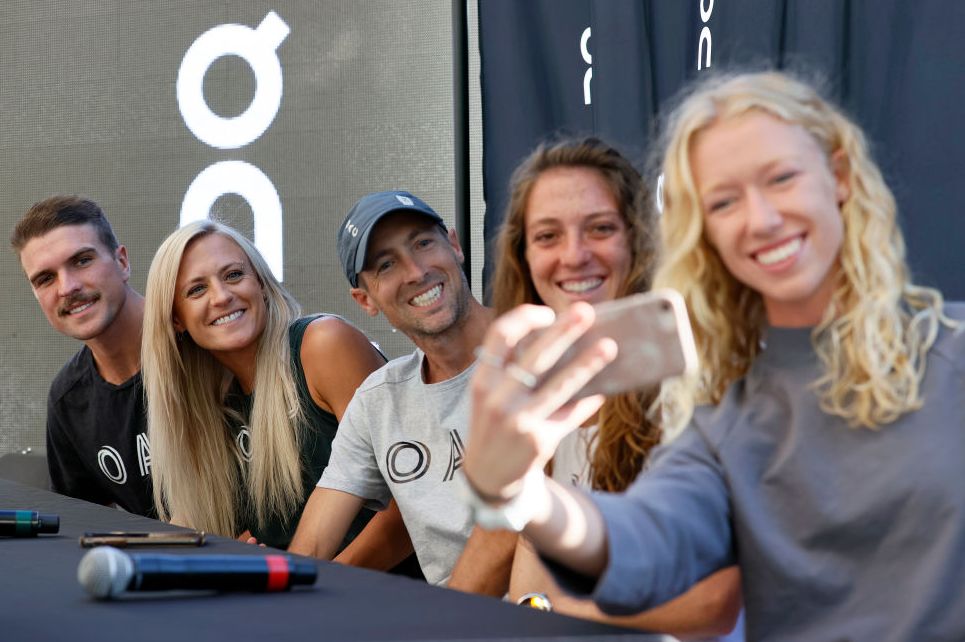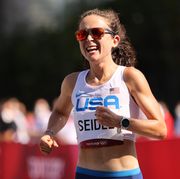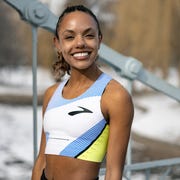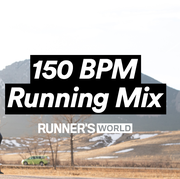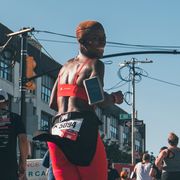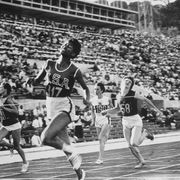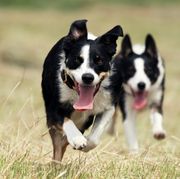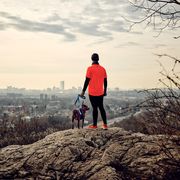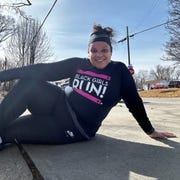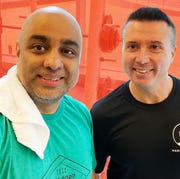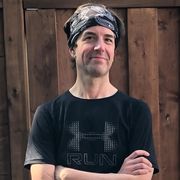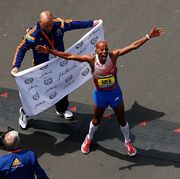For the On Athletics Club (OAC), a one-year-old pro team based in Boulder, Colorado, the U.S. Olympic Track and Field Trials were a roller coaster.
On the first day of competition, Joe Klecker finished third in the 10,000 meters, making the team for Tokyo and kicking off Trials on a high note for the team.
Mid-meet, Leah Falland, who was in position to make her first Olympic team in the steeplechase, clipped a barrier and fell with two laps to go, and ended up in ninth place. Then Sage Hurta, the newest member of the team, fell during her semifinal of the 800 meters and broke her wrist.
And on the next-to-last day of competition, Alicia Monson, at her first Olympic Trials after a standout NCAA career at the University of Wisconsin, was racing in the women’s 10,000 meters. The race was moved from evening to morning because the temperature in Eugene, Oregon, had been forecasted to reach triple digits later in the day.
Monson, 23, was solid for the first 24 laps of the 25-lap event. But she started suffering in the 85-degree temperatures on the final lap. She held on for third place in 31:18, behind winner Emily Sisson (31:03) and Karissa Schweizer (31:16), who passed Monson with about 200 meters left in the race.
Monson wobbled around the track immediately after the race and managed to recover enough for a television interview, the medal ceremony, and three-quarters of a victory lap. But then she started feeling woozy from the heat again—and ended up in the hospital overnight for observation.
She talked to Runner’s World on July 14 about what exactly she remembers from that difficult Trials race, her training with OAC over the last year, and her goals for Tokyo.
This interview has been edited for length and clarity.
Runner’s World: Were you in Eugene for the entire Olympic Trials or did you fly in closer to your race?
Alicia Monson: We actually came in as a team, so I was there for 10 days before my race. It was cool to watch everyone. This was my first Olympic Trials, and it was nice to get a feel for what the atmosphere was like, because it is a different kind of track meet. It was also cool to watch Joe make the Olympic team on the first day. I’m glad I saw it all.
Was there a big party for Joe, and you had to go to bed?
There were two houses. All of us who were competing stayed at a house 15 minutes outside of Eugene. And then On had a house two blocks from the stadium, and Joe came back to the house near the stadium. We had a toast and a little celebration for him, and then Leah, Emily [Oren], and I were like, “Well, we’ve got to get out of here.” We were back into business. [Coach] Dathan [Ritzenhein] was driving us around—it was like shuttle Dathan—and we had two medical staff there who also shuttled us around in a minivan and a truck that we rented.
What was it like watching Leah clip the barrier and go down?
That was honestly gutting. When I left the On house that night while Leah was getting treatment before the race, I said, “All right, see you when you’re an Olympian.” I was just so confident. When she clipped that barrier, it definitely added to the roller coaster of an emotional Olympic trials.
How do you put that aside when you go out to race?
When I woke up the next morning, I was still so upset about it, but I thought, “Okay, I need to focus on my own race.” I can be as sad as I want for Leah, but also I’ve got work to do still. I tried to see it as if Leah can’t go, I’ll try my hardest to make sure it at least happens for me.
Were you stressed watching the weather forecast?
I was a little bit, but also, we were preparing for it. I was out running in the trails in leggings and a jacket even when it was warm and sunny outside. I was happy to see that the race was moved; I’m sure there would have been a lot of carnage if we would have raced that evening. Also, I was happy about the 10 a.m. start because we always work out in the morning, so it was a comfortable time for me.
What were Dathan’s instructions to you on race day?
He said, “You’re smart, you know how to race.” I didn’t want to be in the lead, but both Dathan and I felt I was ready—whether it was a fast race or a slow race, I knew I could wait until the end to kick no matter what.
What do you remember about the race?
The last couple of laps, I don’t really remember, honestly. Even at 5K, I thought, “Man, it’s getting kind of hot.” By that time, I was in that train of the four of us [Sisson, Schweizer, Elise Cranny, and Monson], and that’s when I was like, “All right, you’ve got to just stay on this.” That was the last thing I really remember.
The one thing I remember about the last lap is Karissa passing me, so I knew I was in third place. I didn’t know where the fourth-place runner was, so I tried to turn around and see who was behind me. But there were just so many people around, it was hard to see where the next person was. My legs at that point felt like they were buckling, so I just focused as hard as I could on trying to keep it together and finishing the race. Dathan jokes that the race couldn’t have been 20 meters more because I wouldn’t have made it.
You stayed on your feet when you finished, but what happened after that?
[Officials] helped me to the tunnel to get cold towels and water. Then I came back out for an interview and the podium, but I don’t remember that much either. Karissa said, “Come on, you can lean on me.” During the victory lap, I started out fine, but I kept getting more and more tired. About three-quarters of the way through, I stopped to hug my boyfriend and my family. As soon as I stopped, I started to black out. My mom and brother both work in healthcare, and they said, “Ali, you should go under the tunnel. You do not look good.”
I went under the tunnel and got a chair and medical help. Then I got on a cart to the medical tent and got into a cold tank for three or four minutes. I was feeling better at first, but then I started shutting down more.
They realized I was hypothermic at that point. I was 94 degrees when they took my temperature. That was the point where I was like, “Man, this really went downhill.” That was scary—my body was totally in shock from being hypothermic. They tried to put warm dry sheets and stuff on me, and they called the EMT. Once I was in the ambulance, they got an IV in me.
Did you vomit?
I threw up right before they put me in the cold tub. I feel so bad. I would like to say sorry to whoever had to hold the plastic thing that I puked into, because I definitely puked all over him.
Who was with you?
My mom was with me the whole time. She got to go in the ambulance with me and was in the ER with me. Dathan and my family were all outside the hospital—because of COVID rules, there was only one visitor allowed. They couldn’t even switch out.
What were they looking for at the hospital?
They took a blood draw just to look at heart enzymes and did an EKG as well. They were like, “Well, we’ll hold you over night to do more tests.” By the next day, after they had done more tests and another EKG, the cardiologist said, “All that really happened was you had heat exhaustion and you really needed fluids.” I’m glad they checked just to be sure.
Was it strange being in the hospital, knowing you had just made an Olympic team?
The hospital staff were really nice. They were really excited for me. It did feel a little weird— I just made an Olympic team and got carted out of the stadium. I feel like my team was really good about once I got out of the hospital the next day, they had a toast for me. That was really nice. It was definitely not your traditional making-an-Olympic-team experience.
How do you feel about your first Olympic experience being so unusual, with athletes restricted on where they can go because of COVID-19?
I’ve always wanted to go watch gymnastics, but that’s okay. It is different, but I’m just happy to be there. The Olympics definitely could have been canceled, but they’re making it happen. Looking back it will be cool to say, “I was in the Olympics they held just after the pandemic.” I’m hoping for more Olympic experiences in the future, so hopefully I’ll experience a more normal one.
Are you nervous for the Olympics?
I’m a little nervous because I’ve never raced on a stage like this before. I’m racing the best in the world, and I think the experience of my first Olympics will be a lot to take in. I just have to prepare myself for keeping my head about me and taking in the moments but still being ready to race when the time comes.
What will success look like for you there?
After the Trials, I think I can run a really good race in Tokyo. But at the end of the day, I just want to go compete and represent the U.S. as best I can. I don’t plan to send myself to the hospital this time, but I want to have a race knowing I did my best.
Looking back at your college days, you were second as a senior at NCAAs in cross country, fourth as a junior, and 139th as a sophomore. How do you account for the improvement?
My sophomore year finish didn’t really reflect how well I could have raced, because I was injured and had an iron deficiency. My training became more consistent in my freshman and sophomore years, which led to the jump my junior year. I was talented, but I needed a lot of development in order to perform well on the national level—just a mix of learning how to train while being healthy and getting a lot of consistency.
When you went pro and chose to join the On Athletics Club, did it seem risky joining a brand new group or really cool?
A little bit of both. Choosing to go with a company that doesn’t already have a group definitely felt a little bit risky—when that infrastructure isn’t already built, you never know what could happen. I trusted what On had to say about the resources they’d be giving the athletes. Talking to Dathan before joining was great, and talking to Leah was even more beneficial for me. She had been coached by Dathan for two or three years, and she had so many good things to say about him. It definitely turned out well for us. We’ve gone beyond expectations they had for us in the first year.
Is training under Dathan radically different from college?
We didn’t have to remake the wheel for me; I continued to build on what I already had going. I’m consistently running 80-mile weeks instead of building up to 80 miles a week. As a whole, his workouts are more difficult than what I did in college, and it’s a bigger volume of quality workouts. I had no idea how I would react to altitude, but it has benefited me a lot, and I respond super well. Paces are pretty much the same as what I would run at college, it’s just at altitude.
Dathan speaks very highly of you and says you could be one of the next greats in this country. What was giving him all that confidence before the Trials?
I think part of it was my consistent workouts. Last summer when I came in, after training during the pandemic, I wasn’t super fit. But then once we dug into training with a lot of consistent reps, we were just like, “Wow, I can be really good.”
Four weeks before the Trials, I did half of my long run with Joe, but I didn’t really realize how fast we were going. Dathan met up with us and said, “Alright, you should probably stop running so fast.” And then I averaged 6:04 pace for 17 miles. Things like that, just kind of trying to keep the work ethic consistent was where we were seeing a lot of jumps.
Dathan does a good job of mixing us up for workouts. If I have mile repeats, the others might have 1200 of my mile, and we branch off if they do some 400s over hurdles or something like that. Dathan is still good at running. He will jump into workouts sometimes to help me out, which is really nice.
Is there a marathon in your near future?
I wouldn’t say near future, but I think marathoning is probably down the road. Right now I’ve got some things to do on the track.
Sarah Lorge Butler is a writer and editor living in Eugene, Oregon, and her stories about the sport, its trends, and fascinating individuals have appeared in Runner’s World since 2005. She is the author of two popular fitness books, Run Your Butt Off! and Walk Your Butt Off!
